Market Share
Skin Graft Market Share Analysis
Market share positioning in the Skin Graft market initiates with a thorough understanding of dermatology trends and the evolving needs of patients. Providers analyze the demand for skin grafts in various medical scenarios, such as burn injuries, reconstructive surgeries, and chronic wounds, tailoring their offerings accordingly. Market leaders set themselves apart by largely specialising upon various types of skin grafts. This can be skin grafts either split-thickness grafts, full-thickness grafts, or bioengineered grafts. Paying attention to specific types of graft permits the suppliers to build competence, provide individualized solutions, and satisfy diverse demands of patients and health care providers. Skin Graft vendors provide custom solutions across medical applications. Taking into account that the skin grafts employ various uses such as wound closure, scar minimization, and aesthetic surgery, customization guarantees that the health care providers choose the best option for the skin grafts in specific patient cases. Being at the frontier of tissue engineering and regenerative medication is fundamental for market situating. The providers invest in R and D to incorporate such innovations as bioactive dressings, stem cell therapies, or a 3 D-printed graft. These innovations improve the effectiveness and versatility of skin grafts in various medical complications. The market leaders focus on patient education and awareness program. Various programs are undertaken by Skin Graft providers aimed at increasing the knowledge of patients and health care professionals on the benefits of the therapy and procedure as well as the outcome of all types of skin grafts. This improves the brand awareness and providers as sources of authoritative information. Global allocation and reliable supply chain are emphasised by the prevalent providers. Availability of the distribution network for the system is a reliable one as well as wider in the nature. This in turn makes the Skin Graft providers to meet the requirement of the healthcare facilities across the globe and ultimately emergency cases where as grafts and their immediate access are essential. Providers spend on steady retraining courses for medical practitioners. The Skin Graft procedures are very specific therefore training is ongoing in order to ensure that the whole medical staff is proficient in handling different grafts that help in positive outcomes on patient. with the increased implementation of telemedicine, Skin Graft providers might invest in online consultations. Provision of virtual consultation and support is enabled through the offer of virtual consultations and support services which allow healthcare professionals to obtain expert advice on graft selection and utilization enabling the self healthcare professionals to be market providers. Establishing post-surgical monitoring and patient follow-up programs is essential for market positioning. Skin Graft providers offer comprehensive support services to monitor graft success, address post-surgical complications, and ensure positive patient experiences, reinforcing their commitment to patient care.


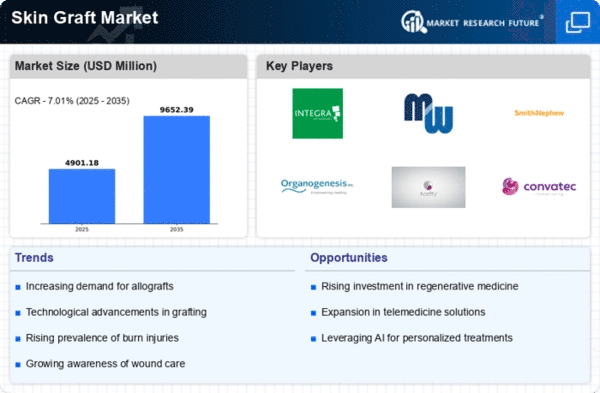
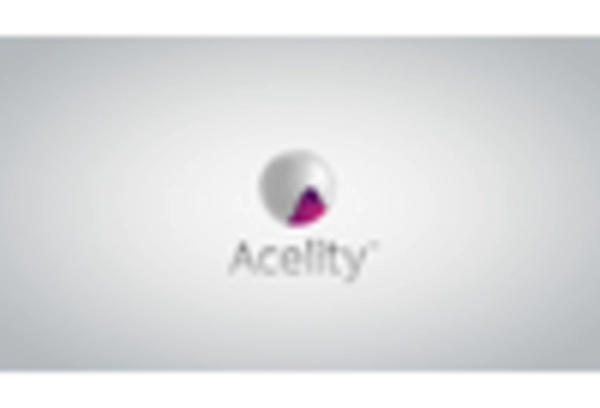
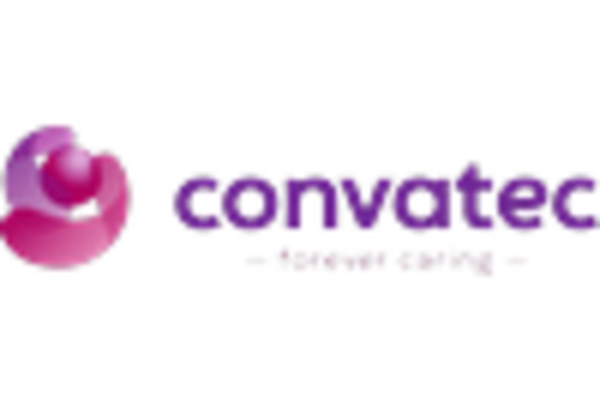
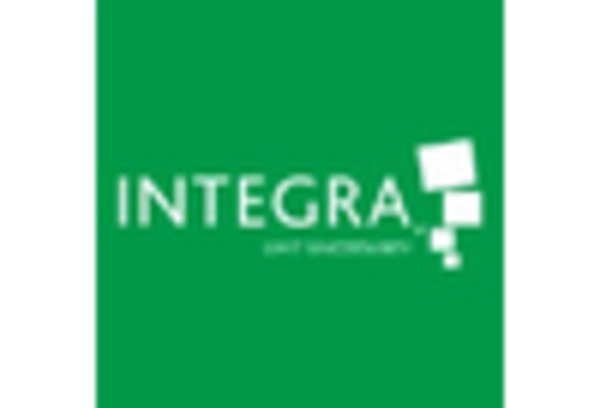
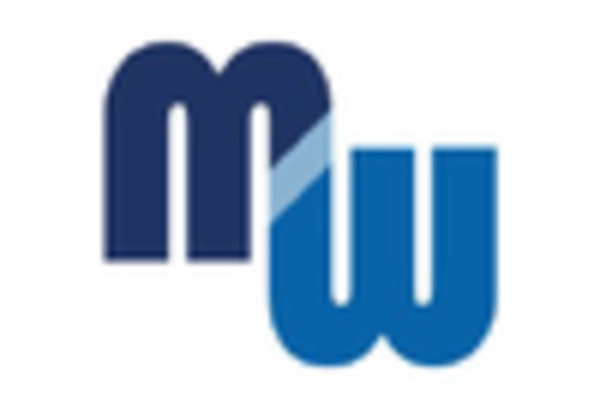
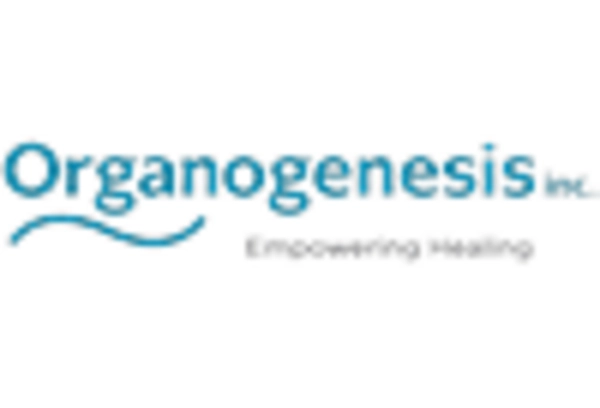
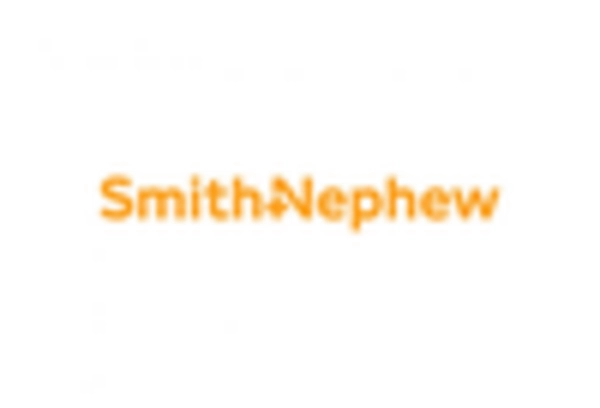










Leave a Comment